
AP
posted: 40 MINUTES AGO
WASHINGTON (Dec. 2) - Odetta, the deep-voiced folk singer whose ballads and songs became for many a soundtrack to the American civil rights movement, has died at age 77, the New York Times reported Wednesday.
The Times cited Odetta's manager, Doug Yeager, as saying she died of a heart attack. It did not give a time or place of death.
posted: 40 MINUTES AGO
WASHINGTON (Dec. 2) - Odetta, the deep-voiced folk singer whose ballads and songs became for many a soundtrack to the American civil rights movement, has died at age 77, the New York Times reported Wednesday.
The Times cited Odetta's manager, Doug Yeager, as saying she died of a heart attack. It did not give a time or place of death.
Odetta Holmes, born in Birmingham, Alabama, on Dec. 31, 1930, told the Times in a 2007 interview that the music of the Great Depression, particularly the prison songs and work songs from the fields of the deep South, helped shape her musical life.
While she recorded several albums and sang at New York's Carnegie Hall, among other prominent venues, Odetta is perhaps best remembered by most Americans for her brief performance at the August 1963 march on Washington, a pivotal event in the civil rights movement at which she sang the song "O Freedom."
The Times said Rosa Parks, the woman who launched the boycott of segregated buses in Montgomery, Alabama, was once asked which songs meant the most to her. "All the songs Odetta sings," was Parks' reply.
Odetta, who moved from Alabama to Los Angeles with her mother in 1937, earned a music degree from Los Angeles City College. But she told the Times her training in classical music and musical theater "was a nice exercise, but it had nothing to do with my life."
She said she found her true voice by listening to blues, jazz and folk music from the African-American and Anglo-American traditions.
Odetta began singing professionally in a West Coast production of the musical "Finian's Rainbow," but said she found a stronger calling in the coffee shops and nightclubs of San Francisco.
Her first solo album, "Odetta Sings Ballads and Blues," influenced another American folk legend -- Bob Dylan. "The first thing that turned me on to folk singing was Odetta," Dylan said in a 1978 interview with Playboy magazine.
In that album, Dylan said he heard "something vital and personal. I learned all the songs on that record," which included "Mule Skinner," "Jack of Diamonds" and "Water Boy."
In the early days of the civil rights movement, Odetta said her songs channelled "the fury and frustration that I had growing up" in segregated America. The many benefits she headlined helped underwrite the movement's work.
While Odetta's career cooled and her performances and recordings became fewer after the late 1960s, she retained her vocal and dramatic power even late in life. "Odetta's voice is still a force of nature," critic James Reed of the Boston Globe wrote of a December 2006 performance.
She remained "a majestic figure in American music, a direct gateway to bygone generations that feel so foreign today," Reed wrote.
While she recorded several albums and sang at New York's Carnegie Hall, among other prominent venues, Odetta is perhaps best remembered by most Americans for her brief performance at the August 1963 march on Washington, a pivotal event in the civil rights movement at which she sang the song "O Freedom."
The Times said Rosa Parks, the woman who launched the boycott of segregated buses in Montgomery, Alabama, was once asked which songs meant the most to her. "All the songs Odetta sings," was Parks' reply.
Odetta, who moved from Alabama to Los Angeles with her mother in 1937, earned a music degree from Los Angeles City College. But she told the Times her training in classical music and musical theater "was a nice exercise, but it had nothing to do with my life."
She said she found her true voice by listening to blues, jazz and folk music from the African-American and Anglo-American traditions.
Odetta began singing professionally in a West Coast production of the musical "Finian's Rainbow," but said she found a stronger calling in the coffee shops and nightclubs of San Francisco.
Her first solo album, "Odetta Sings Ballads and Blues," influenced another American folk legend -- Bob Dylan. "The first thing that turned me on to folk singing was Odetta," Dylan said in a 1978 interview with Playboy magazine.
In that album, Dylan said he heard "something vital and personal. I learned all the songs on that record," which included "Mule Skinner," "Jack of Diamonds" and "Water Boy."
In the early days of the civil rights movement, Odetta said her songs channelled "the fury and frustration that I had growing up" in segregated America. The many benefits she headlined helped underwrite the movement's work.
While Odetta's career cooled and her performances and recordings became fewer after the late 1960s, she retained her vocal and dramatic power even late in life. "Odetta's voice is still a force of nature," critic James Reed of the Boston Globe wrote of a December 2006 performance.
She remained "a majestic figure in American music, a direct gateway to bygone generations that feel so foreign today," Reed wrote.


































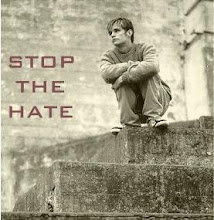




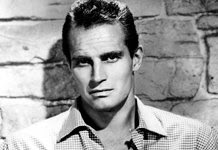

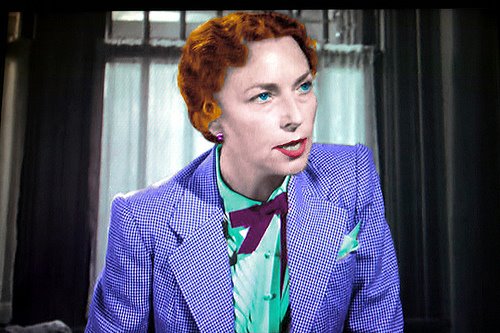



.jpg)

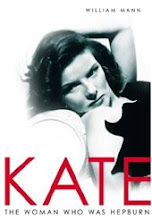









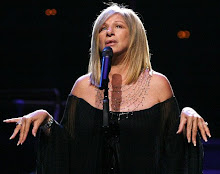

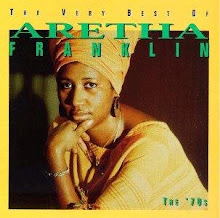
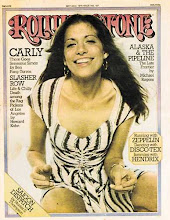



















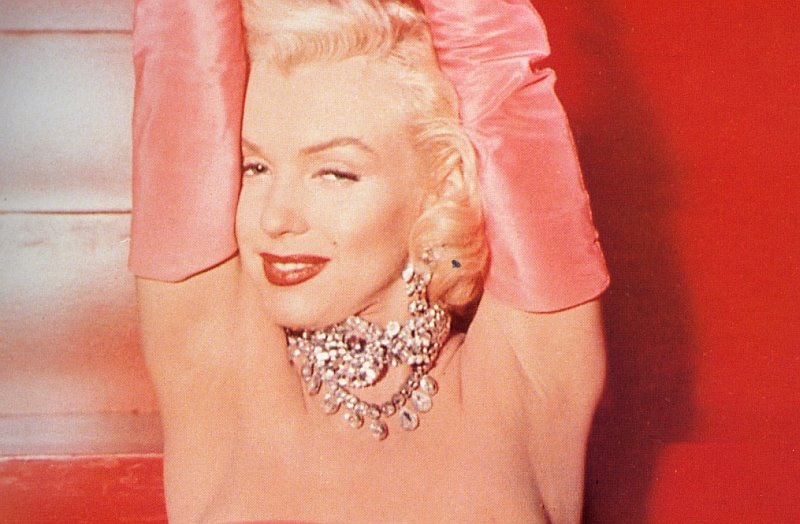







No comments:
Post a Comment